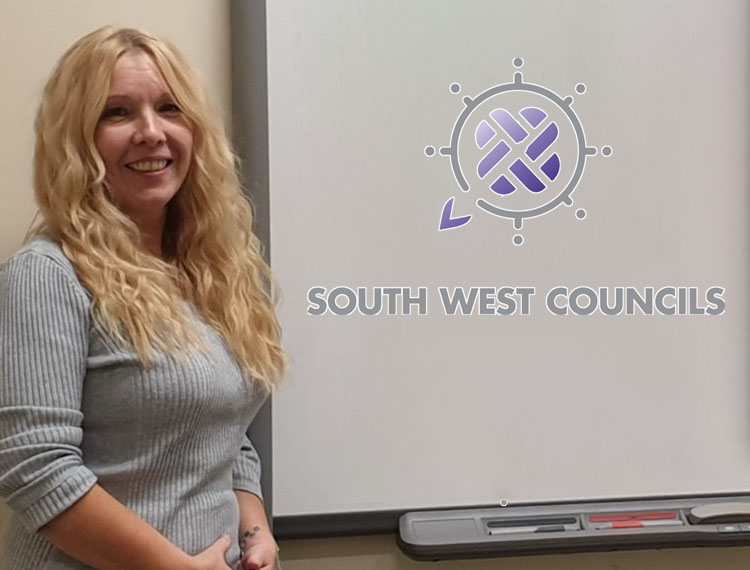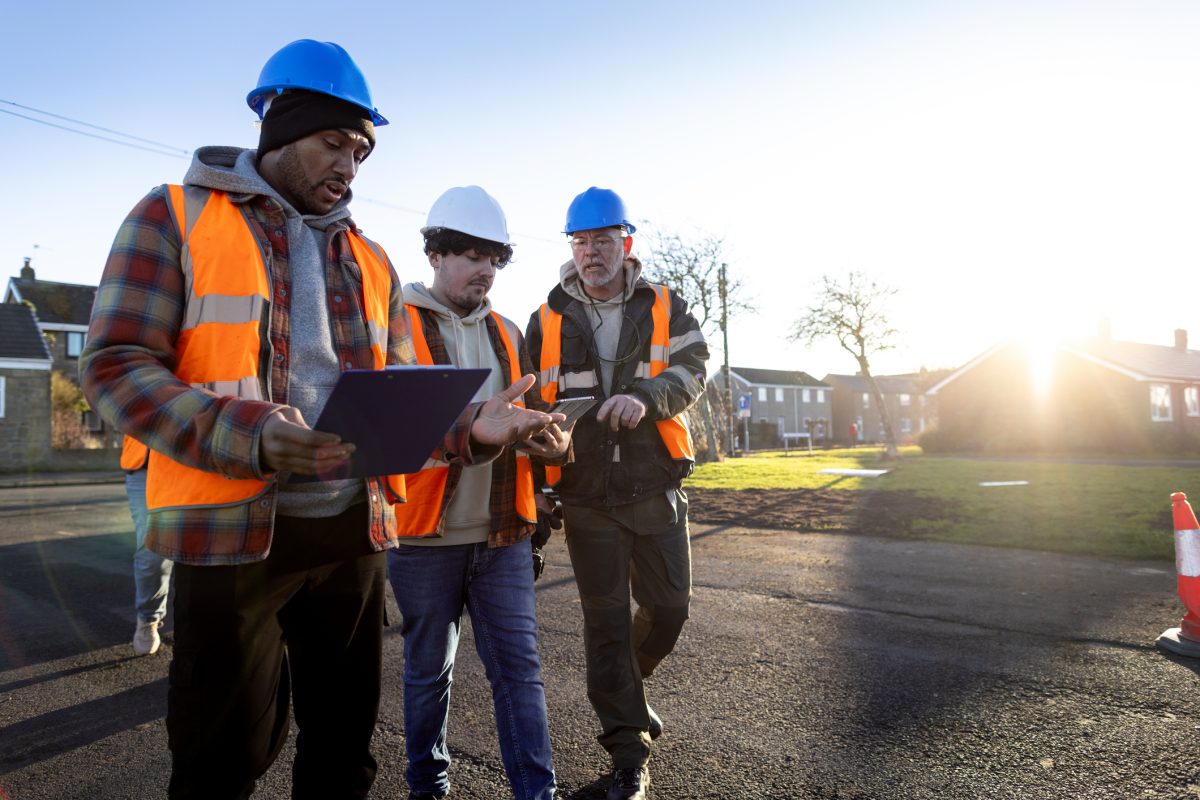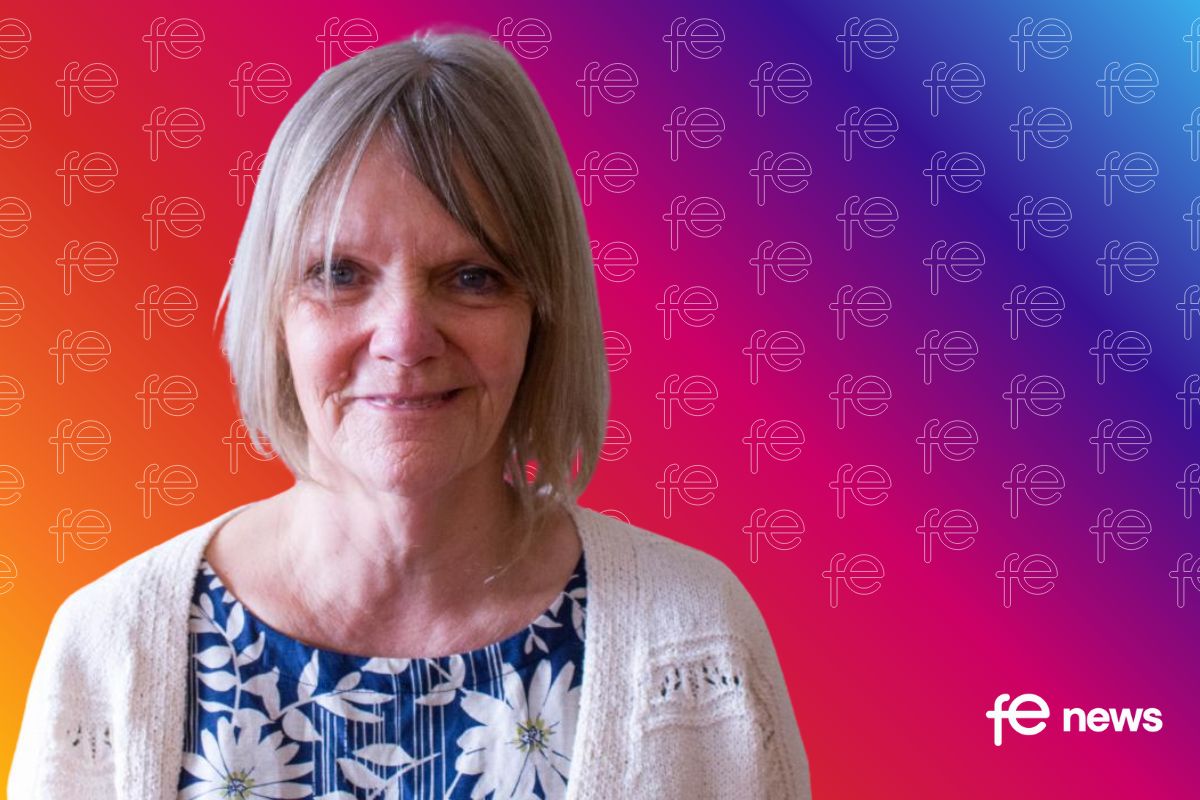Successful Ofqual Recognition: Top 10 Words of Wisdom

On 4 August 2020, the Institute for Apprenticeships and Technical Education (@IFATEched), announced the transfer of the #EQA of end-point assessment to @Ofqual, or, for integrated higher and degree apprenticeships, the Office for Students (OfS).
The transition to Ofqual (the regulator of qualifications, examinations and assessments in England) means that end-point assessment organisations (EpAOs) must be recognised by Ofqual in order to remain on the ESFA register of end-point assessment organisations.
To be recognised by Ofqual, EpAOs must meet the Criteria for Recognition. Once recognised, EpAOs must operate under the Conditions of Recognition, and the EPA Qualification level Conditions, these are effectively the rules that EpAOs must be capable of meeting on an ongoing basis.
Within the announcement, the Institute recognised that there was concern that Ofqual regulation might place unnecessary burden on small or niche providers, or those who only wish to offer end-point assessment (page 4).
Given this concern, I felt that it would be helpful to small and/or niche EpAOs to hear from an EpAO that has successfully been through the Ofqual recognition process.
Fay Edwards, Head of Learning & Development at South West Councils, kindly agreed to be interviewed, and I would like to thank Fay for her time and enthusiasm to share the experiences of South West Councils on their Ofqual journey.
First of all, an introduction to South West Councils:
South West Councils is a Local Government organisation, of 20 directly employed staff, owned and led by all 33 of the local authorities across the region. It has approximately 100 associate members such as town and parish councils, Police, Fire Services, Housing Associations, national parks, and their Associate membership is open to all types of organisations working in the south west. The organisation has 3 primary roles of delivering specialist HR advice and support; delivering learning and development; supporting authorities in working together to face challenges and having a shared regional voice on national policy and funding.
South West Councils first became an EpAO in 2018, and are now approved on the ESFA Register of EpAOs for 9 standards. They intend to apply for an additional 11 standards within the next year (plus 3 that are currently under development) and are researching an additional 9 which they may apply for after that.
What is the history of the organisation in relation to qualifications and assessment (not just end-point assessment)?
South West Councils have a history of delivering learning and development provision in the form of training and qualifications, primarily to local councils, from the early 1960s.
Over the years we expanded into the wider public sector, and our HR specialists have been involved with advising councils on apprenticeships from an employment law and recruitment perspective.
What led or inspired the organisation to move into the end-point assessment market place?
In 2018 we decided to move into end-point assessment for 3 key reasons:
- Firstly, it became apparent that our local government member organisations valued the idea of having an EpAO who understood their business and the context in which they are working (currently, 68% of apprentices who have registered with us for EPA come from local government).
- Secondly, we have internal specialists in assessment design, development and delivery, placing us in an excellent position to design and develop the highest quality end-point assessments.
- Thirdly, we manage and deliver a range of regional practitioner networks which gives us access to external subject matter experts for technical input on areas outside of our internal organisational scope, for example Revenues & Welfare Benefits (currently we work with 16 qualified and experienced freelance assessors, invigilators and IQAs).
What were the timeframes of your Ofqual journey to approval (from initially thinking about it to approval)?
We first began the journey in spring 2019, before the decision was made by the IfATE to transition to Ofqual. The work was led by myself as the Head of Learning & Development with input from colleagues from across the organisation. We made our submission in early 2020 which was unsuccessful and required us to re-examine our policies and procedures.
The re-examination identified that although we were doing what was needed, we were not making it sufficiently clear in our documentation. Also, the letter stated we had an over-reliance on the Assessment Plan to ensure validity. After re-examining our recording and some of our processes, we resubmitted in November 2020.
Our resubmission was successful and we were invited for the panel interview in February 2021. In March 2021 we were notified that we had been approved.
In terms of Ofqual timescales, they were in line with expectations, i.e., 12-weeks between submission and invitation to panel, and then 2-weeks to be notified of the decision following the panel meeting.
That is almost 2 years from concept to approval, how did you keep momentum and keep your organisation involved and up to date?
South West Councils has always been dedicated to delivering the highest quality end-point assessment and saw progression to Ofqual as important even before the EQA changes, and transition to Ofqual, was announced.
Our commitment to quality, alongside our dedication to embed the principles of Ofqual throughout our entire organisation, combined with our growth plans to expand to other apprenticeship standards, ensured that momentum was maintained.
During this time, our Corporate Management Team was updated regularly on progress, and were actively involved in the preparation activities.
They in turn kept our governing body updated and provided regular notifications, at our organisational update meetings and assessor meetings, to ensure that everyone at all levels within the organisation, and linked to the EPA provision, was kept up to date on progress and achievements.
Have there been any conditions placed on your Ofqual approval?
Yes, Ofqual have set us some conditions for approval by limiting the number of assessments we can process in a year, but they have stated that we can ask to have those restrictions raised should we wish to do so.
If we are successful in the approvals we are planning this year, then we will also seek to have these caps increased, which will require us to provide evidence to Ofqual that we have sufficient resources to deliver this growth both through increasing our internal resource and growing our pool of freelance assessors / IQAs.
Ofqual has quite a number of documents to read, understand and cross reference. How did you approach this to ensure you met all the criteria and understood the conditions?
Initially, we used an external consultant, to help make sense of the various documents and to determine which applied to us as an EpAO rather than an Awarding Organisation (AO). Our consultant helped us to devise a matrix of the Criteria for Recognition, and we found that to be the most useful method for us to easily see what was wanted and to plan evidence sources against each criteria.
Did you make use of the Ofqual information and guidance documents and webinars? If yes, were there any that were particularly useful?
There were many guidance documents and sources of help, so it was important to identify the most useful for particular purposes. Because I was taking the leading role and so heavily involved, I didn’t find the Ofqual videos added much to the other documents, but these were useful to colleagues who needed a quick overview rather than a deep-dive into the criteria and conditions documentation.
The Ofqual guidance outlining suggested evidence sources was helpful, and I did attend one particularly useful webinar where there was an EpAO who had previously gone through the process. They outlined their experience of the panel meeting and were reassuring about how to handle it.
The timing was good as the webinar was just before our panel interview so offered some insight into what we could expect. In addition, we had a few discussions with Claire Gill, from Ofqual’s Strategic Relationships Team, and we made use of all of Ofqual’s offers for feedback meetings which were particularly helpful as this allowed us to discuss how we work as a politically-led organisation.
Were there any other sources of information or support that you found useful?
Eg, EpAO conferences/forums, guidance from places other than Ofqual, talking to other EpAOs etc
We found posts from Jacqui Molkenthin on LinkedIn useful, both her weekly updates and specific Ofqual posts.
We also found the Federation of Awarding Bodies (FAB) WhatsApp group has been useful, and is a good forum for EPAOs to ask questions about processes and practices and to share views, how each of us approaches situations and signposting to guidance documents.
Are there any other types of support or information that you think would be beneficial to EpAOs when making their application?
I know it probably isn’t possible, but examples would have been helpful to aid understanding and to contextualise the conditions. I think at times, I couldn’t see the wood for the trees and a road map through it might have helped.
Talking to (or hearing from) others who have gone through the process is useful and particularly hearing from a range of different size and type of EpAOs, as there is little point in us hearing about the experiences of a huge organisation who has years of experience as an awarding organisation.
What were the most frustrating elements of the Ofqual application and recognition process?
The sheer volume of the criteria and the duplication. I am sure that the criteria could be streamlined so that it still covers the same things but does so with more clarity and brevity. I often felt as though I were going round in circles, and whilst I appreciate all aspects are inter-related, I found it confusing and muddled. There was one particular area around qualification design where I kept getting stuck.
Eventually, it dawned on me that Ofqual did not want a descriptive overview of the process but they wanted a very detailed, step-by-step explanation outlining exactly what was done and by whom. I was trying to “crank up” my response to make it more strategic, but they actually wanted me to provide a detailed operational response to include the very basic actions.
I (wrongly) assumed that most of this was so basic and obvious that I did not need to include it, as it was evident and we couldn’t possibly deliver assessment without these, so I omitted to include them. Once I realised that they absolutely wanted every single step, it was a lightbulb moment in enabling me to understand what was required in the submission.
What were the positives of the application and recognition process?
It definitely made us re-examine our approaches to some things and to formalise our processes. We were doing everything we should have been but not everything was documented as stringently as it now is.
The recognition gave us a framework from which we could stand back and examine all parts of our operational and quality policies, processes and procedures. Successfully gaining recognition also gave us a great deal of pride across the whole organisation and our governing body in our achievement.
What were your experiences of the Ofqual panel (preparing for it and the actual panel meeting)?
I was present at the panel meeting alongside our chief executive. The actual panel meeting was a little daunting as there were approximately 7 or 8 Ofqual staff present, however they were all very engaging and did their best to put us at ease whilst also maintaining the seriousness of the meeting. They wrote to us before the panel to tell us the areas they would focus on, but also stated they would explore other areas, so we prepared for all aspects of the criteria.
Having the panel meeting remote rather than face-to-face was great because I could use the time beforehand for final preparation rather than travelling for 4 hours each way, and it meant I could have notes available to me to ensure I covered all of the points I wanted to get across.
We were asked a lot of questions about reliability and validity of assessment methods which, given we have no say in the content of the Assessment Plan, was difficult to answer, but it gave us an opportunity to demonstrate our knowledge of assessment methods and expertise in this area.
If you could offer any words of wisdom to EpAOs based on your application journey (making the application and the ofqual panel) what would they be?
- Speak to someone who knows the Ofqual process and understands end-point assessment
- Make use of all the resources and help available such as Ofqual webinars, feedback meetings, videos
- Speak to others who have gone through the process – find a similar size/context EpAO and talk to them about their approach
- Create a matrix master document to plot every criteria and your evidence so that you do not miss anything
- Be clear about every step-by-step action: what is done, who by, why them, when, how does it fit in with other processes
- Make sure your policies support each other and do not conflict or contradict each other
- Do some research about reliability and validity of assessment methods
- Prepare for the panel interview by knowing the detail of your policies
- Ensure the leadership of your organisation, in our case the Corporate Management Team and our Governing Body, are fully committed as the process requires a lot of resource investment, which was particularly challenging for us as a small not-for-profit organisation
- Celebrate your achievement when you gain recognition.
Fay, thank you so much for your time and for your open and honest insight into your journey to Ofqual recognition, and of course, CONGRATULATIONS.
Jacqui Molkenthin, JEML Consulting
If any other EpAOs are interested in sharing their journey, I am currently running an anonymous survey to capture views and help other EpAOs on their journey to Ofqual recognition, it would be great if you could take part











Responses